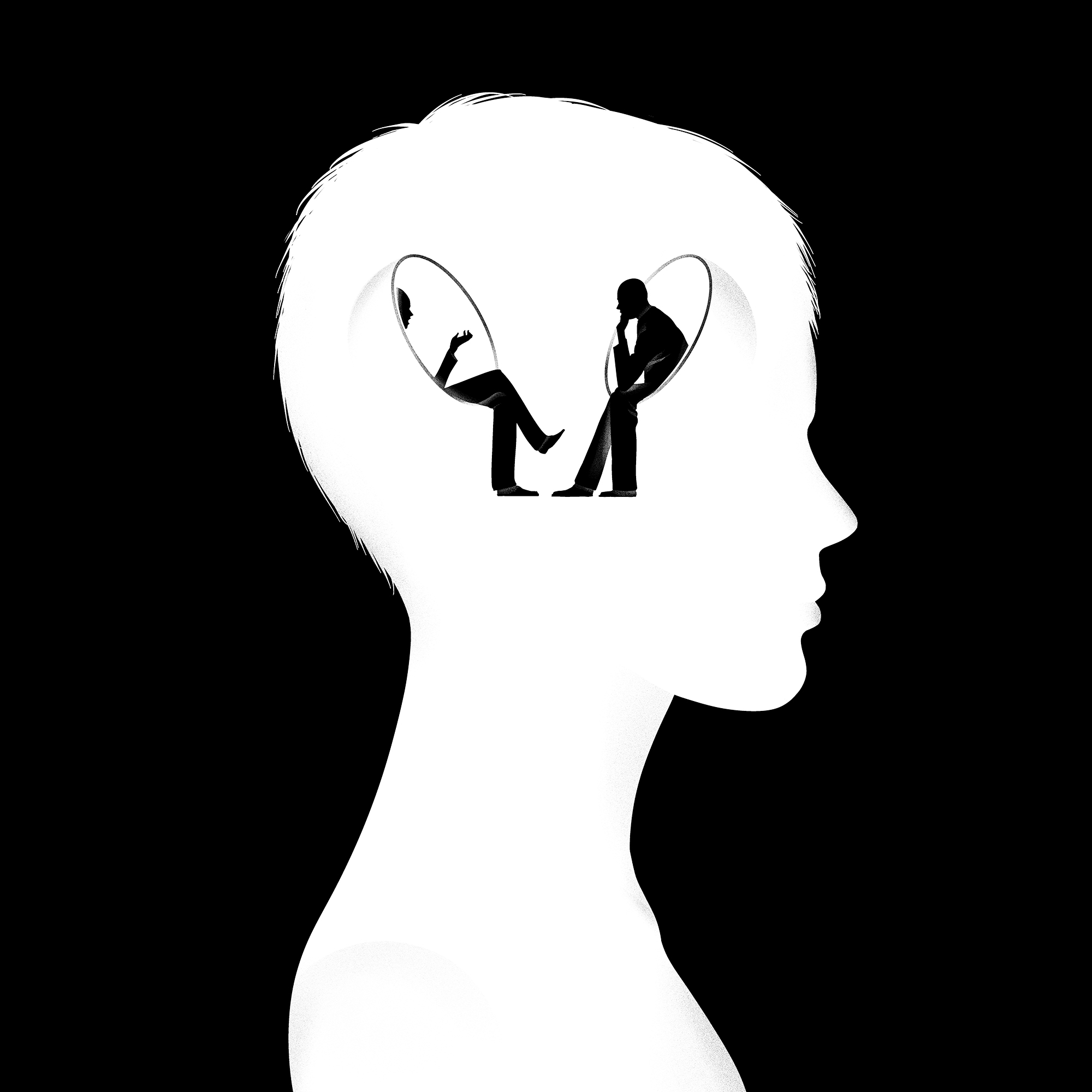In Christian theology, the Seven Deadly Sins — pride, greed, lust, wrath, gluttony, envy, and sloth — were introduced by Pope Gregory I in the 6th century AD. These are considered the root of all evil, leading people to commit immoral acts and condemning their souls. While ‘pride’ is typically regarded as the deadliest, I argue that ‘prejudice’ is a far greater sin, one that often goes unnoticed in religious teachings but has profound consequences in society.
The Sin of Prejudice
Prejudice not only erodes our ethics and morals but also perpetuates societal inequality. Rooted in baseless judgments about people based on gender, race, religion, or caste, prejudice clouds our reasoning. It blinds us to the humanity of others, fostering discriminatory attitudes and unfair treatment.
Consequences of Prejudice
When controlled by prejudice, we deny others what they deserve, create division, and harbor unfounded malice. These actions breed inequality and injustice, often based on stereotypes that have no basis in truth. Such actions damage society, inflicting harm without cause.
The Etymology of ‘Prejudice’
The word ‘prejudice’ comes from the Latin “prejudicium,” meaning “injustice.” It’s not difficult to see that prejudice, more than pride, leads to harm. While pride makes individuals boastful, it doesn’t necessarily degrade others, as does prejudice, which breeds unfounded judgments against others without reason.
Pride vs. Prejudice
Pride may cause arrogance, but it rarely harms others directly. Prejudice, on the other hand, causes untold harm and injustice. It undermines equality, fosters hatred, and perpetuates suffering across society. We must be vigilant not to let prejudice cloud our judgment and stop this injustice against humanity.

Leave a Reply